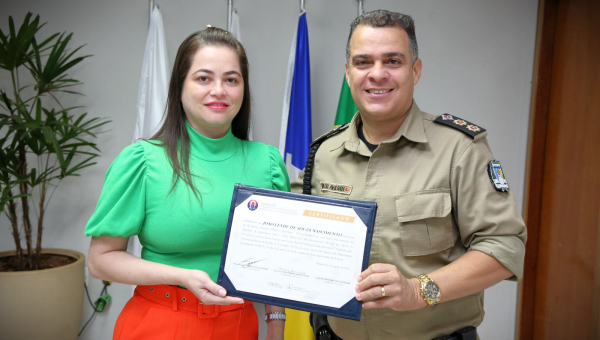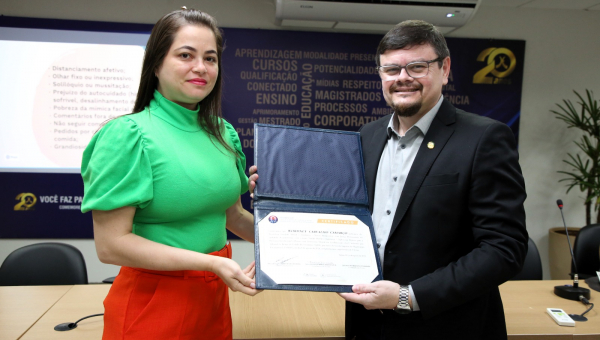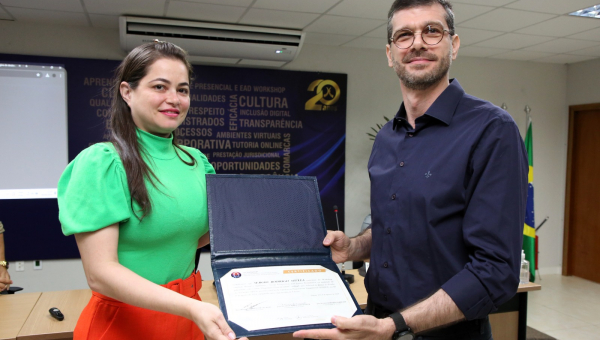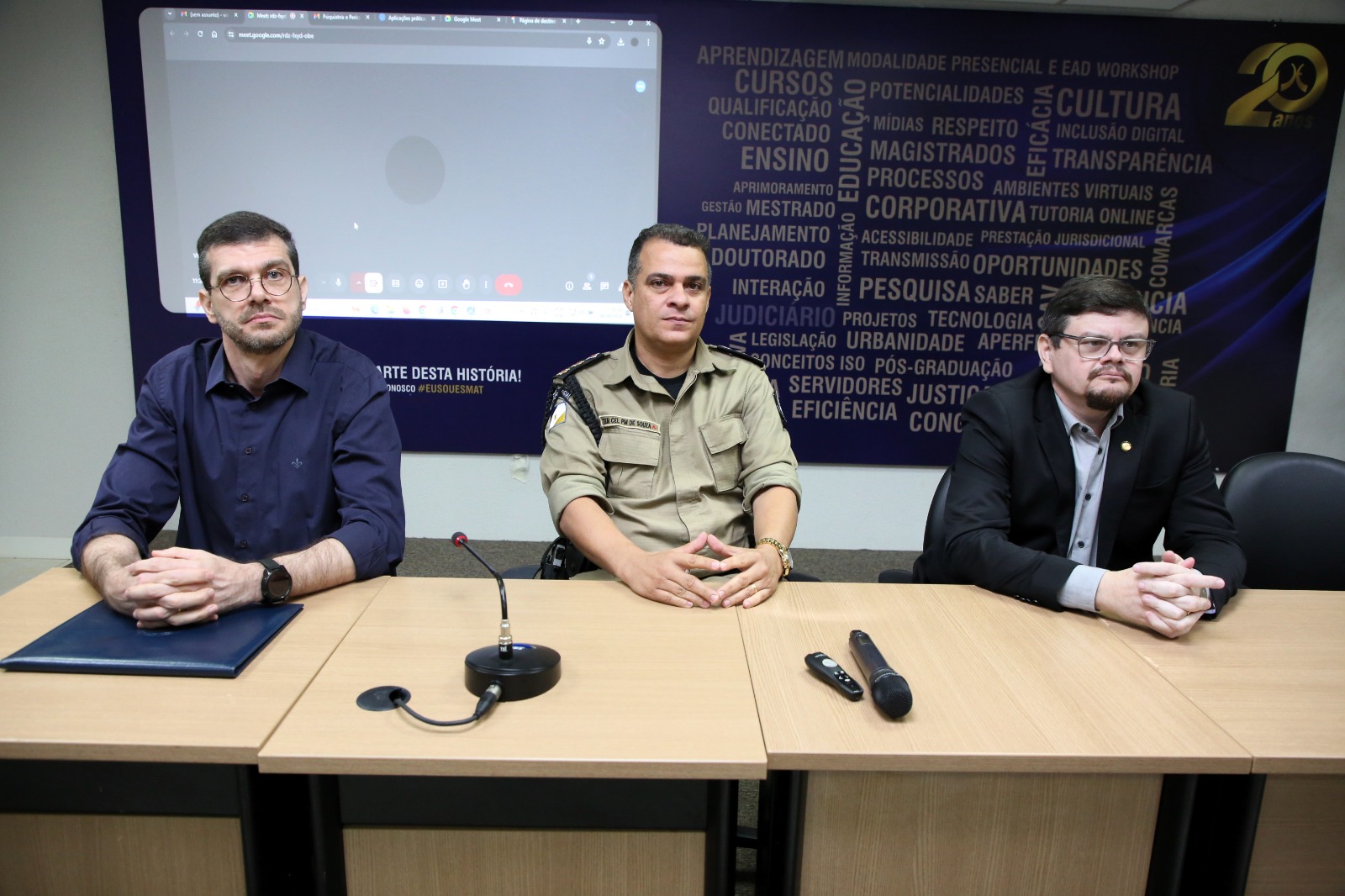
Aiming to discuss and deepen the understanding of the intersection between mental health and public safety, and how the restorative justice can provide new paths and more humanized solutions, the Superior School of the Judges of the State of Tocantins (Esmat) held the Workshop on "Mental Health and Safety - New Perspectives with Restorative Justice" on Thursday morning (August 8th).
“We are experiencing a historic moment, a moment of recognition of human rights," said the Judge and State coordinator of the Mental Health Policy of the State of Tocantins, Allan Martins Ferreira, who opened the program by talking about the "Process of implementing the Anti-Asylum Policy in the justice system of the State of Tocantins".
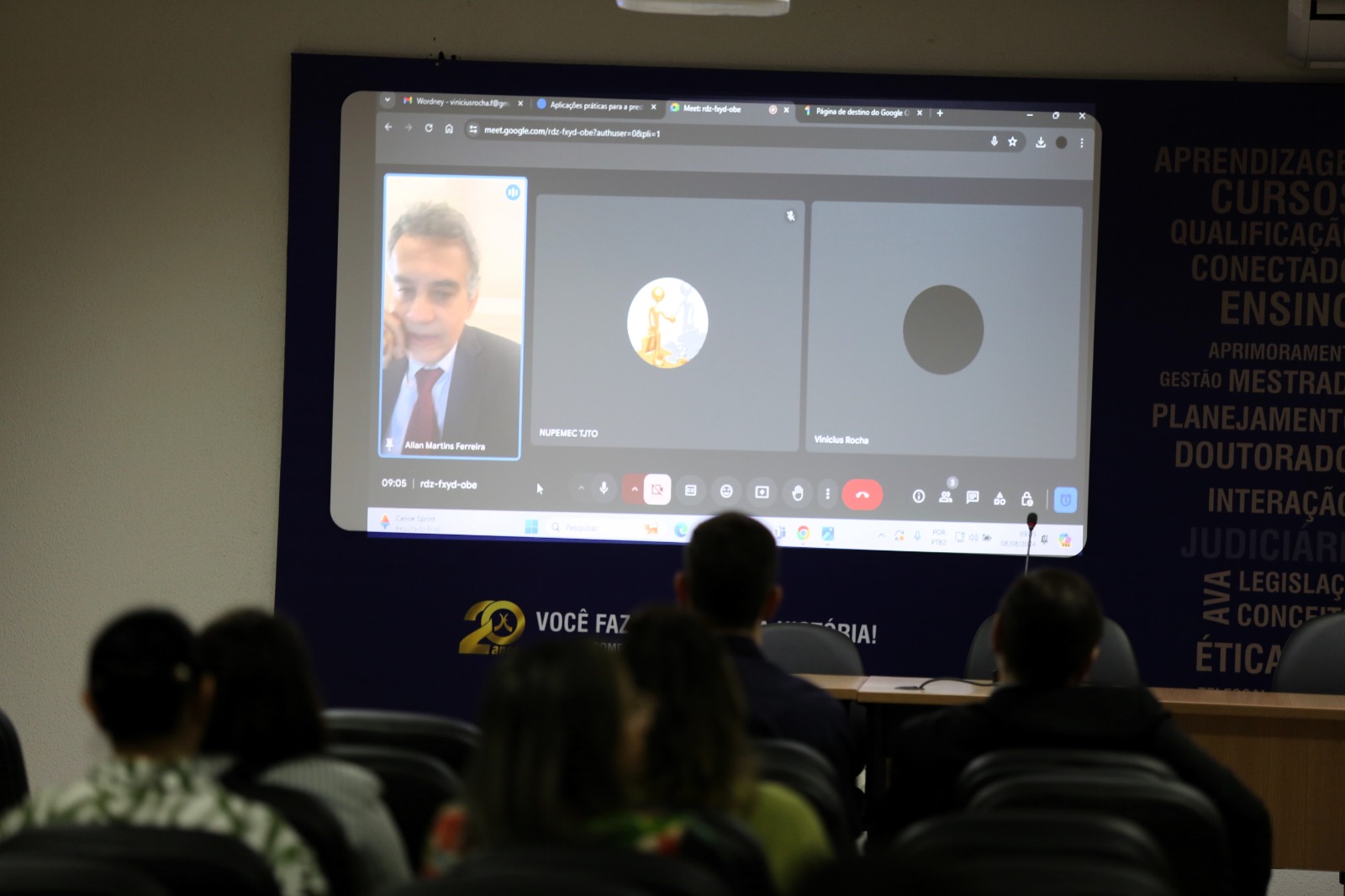
On the subject of "Protocols for police assistance in support of incidents involving people with impaired mental health (psychotic break)", Lieutenant Colonel (QOPM) João Leyde de Souza Nascimento explained how the police work with and approach people with impaired mental health. In his speech, he stressed that each case is different from the other, and each one has a level of complexity and requires multidisciplinary action, with the need to create protocols in conjunction with health.
"The military police of the State of Tocantins have been working closely with other governmental and even private agencies to build this increasingly comprehensive protocol," he said.
The topic on "Practical applications for the provision of justice to people with mental disorders in conflict with the law" was addressed by Wordney Carvalho Camarço, a forensic Psychiatrist and Psychiatrist at the Psychosocial Reception and Accompaniment Center (NAPSI).
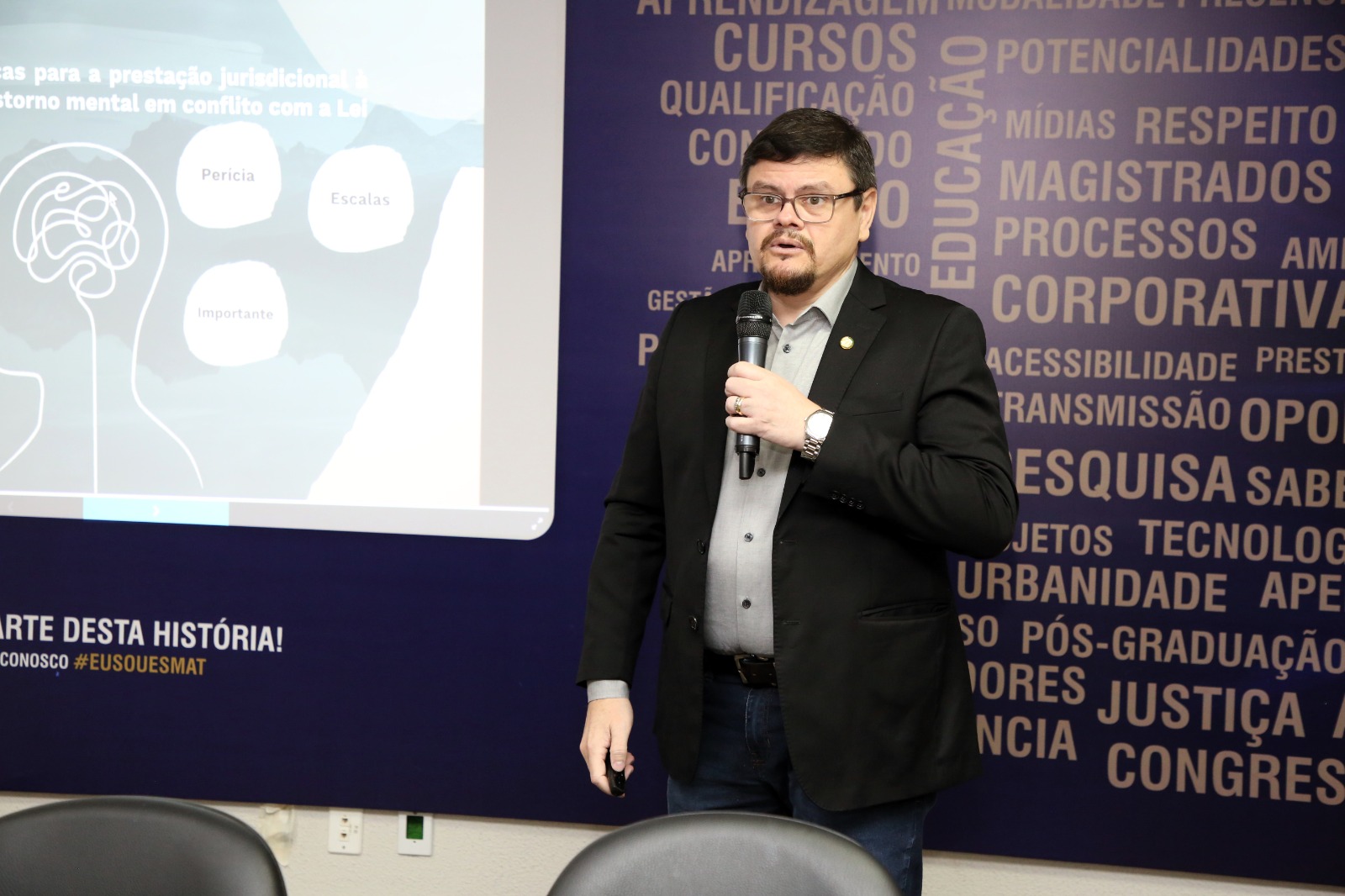
Closing the programming, forensic Psychiatrist Sergio Rodrigo Stella provided some essential perspectives on the subject, such as the legal and ethical aspects of assessing and treating patients, the definitions of psychiatry, dangerousness and imputability. He also pointed out the importance of reflecting on security measures and the process of dialog among the people involved in the conflict.
"Mental illness, in its legal concept, is not the same as mental illness in its medical concept. And this causes a lot of confusion. For the courts, mental illness would be synonymous with a serious psychotic condition or a serious illness with impaired judgment of reality. Not for psychiatry," he explained.
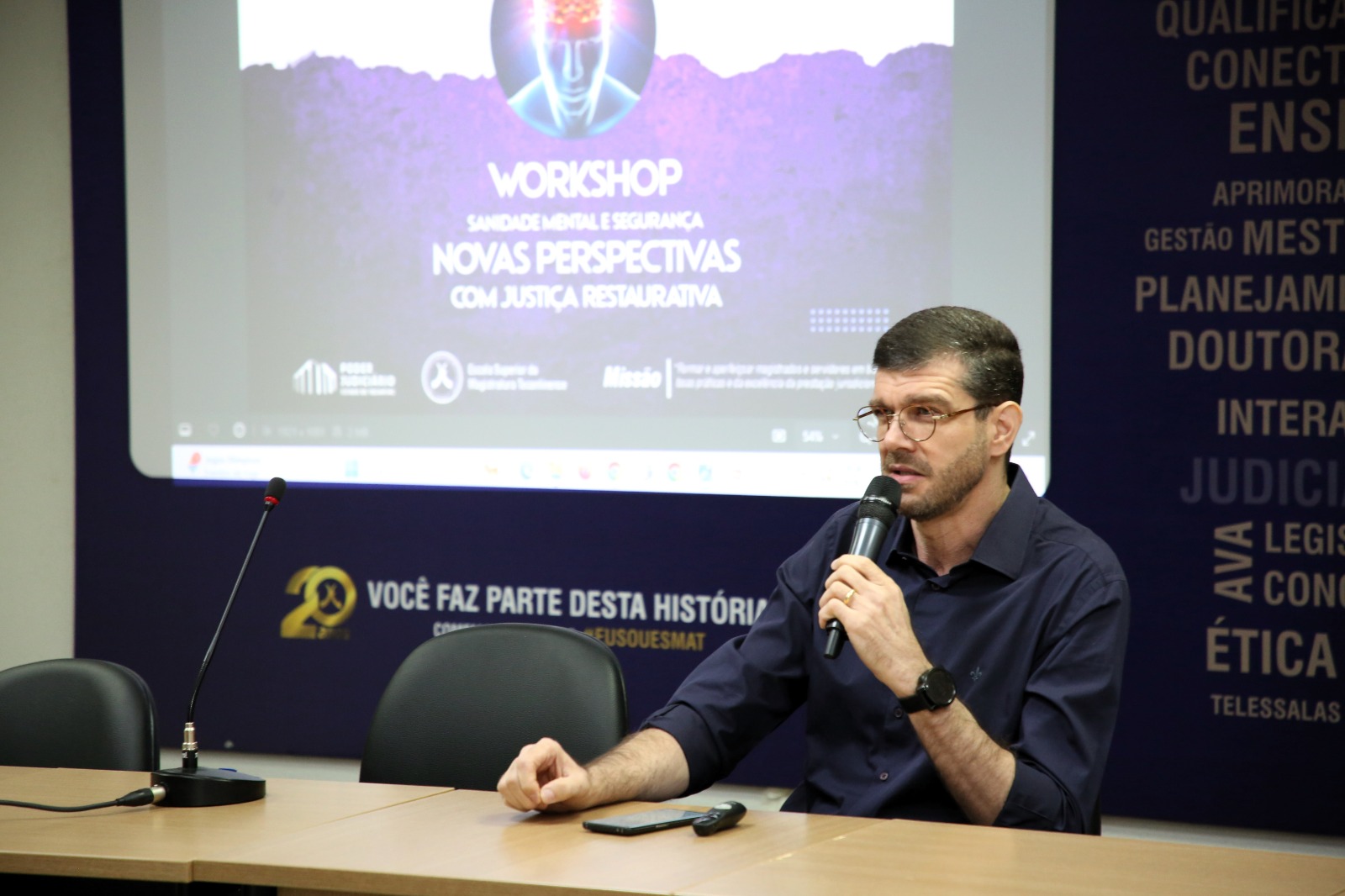
Representing the coordinator of the Permanent Center for Consensual Methods of Conflict Resolution (Nupemec), Judge Silvana Maria Parfieniuk, the administrative Advisor, Lorena da Cruz Neves Pimenta Gutierrez, was responsible for opening the event.
In summary, the workshop, aimed specifically at Nupemec-accredited facilitators, aimed to highlight the relevance of the restorative justice as a more humanized approach, especially in mental health contexts. It also emphasized the importance of a joint action among the police, the health system, the judiciary and other entities, with a view to create more comprehensive and effective solutions in the provision of services and the protection of the rights of individuals.




_thumbnail_thumbnail.jpeg)
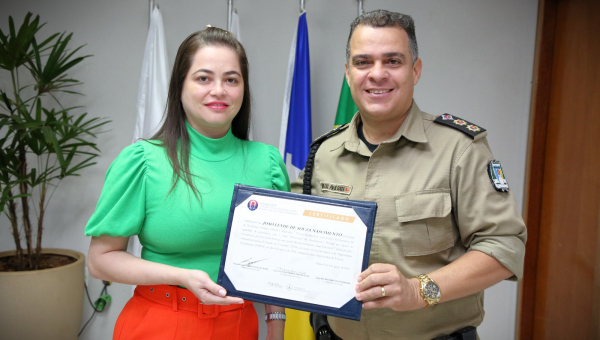
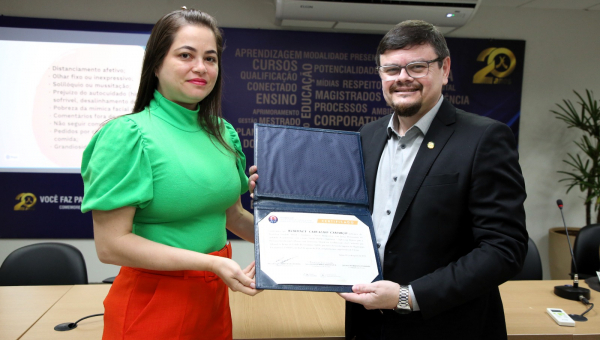
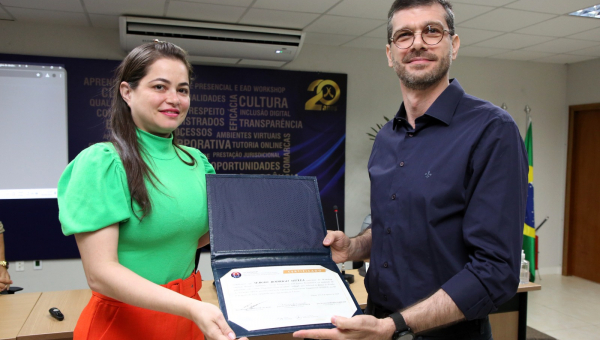
_thumbnail.jpeg)
